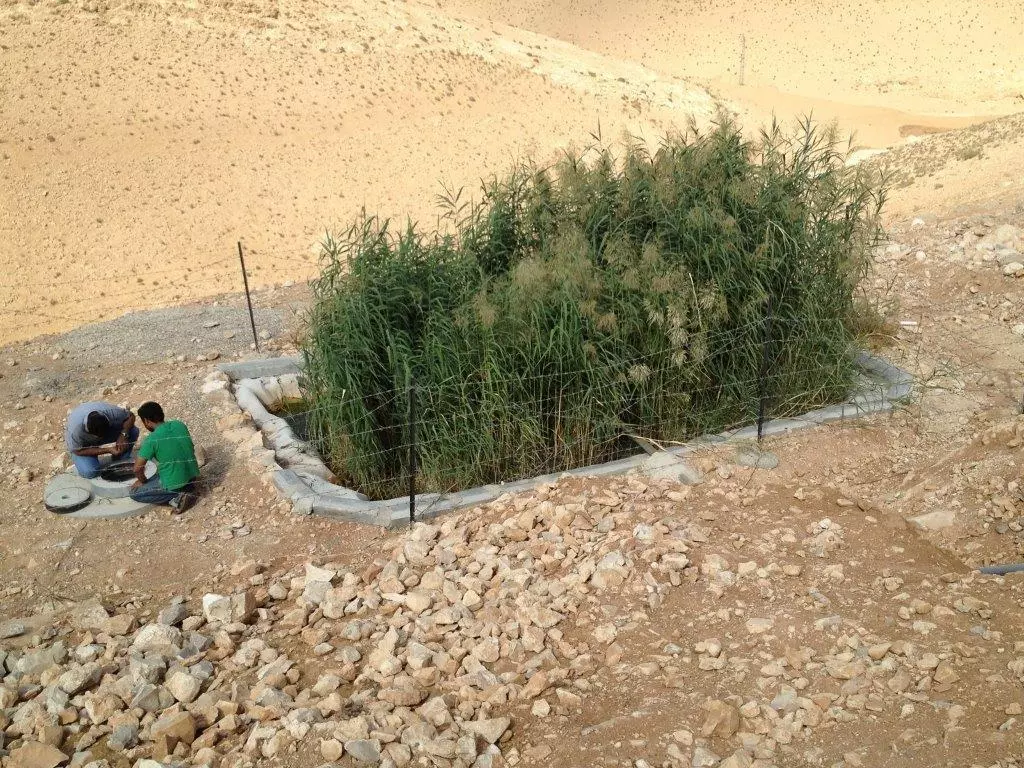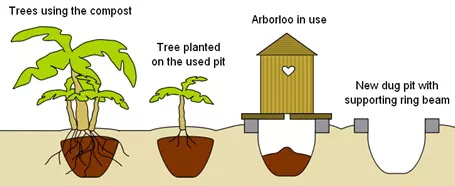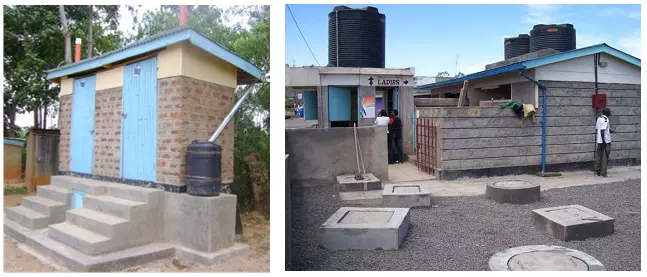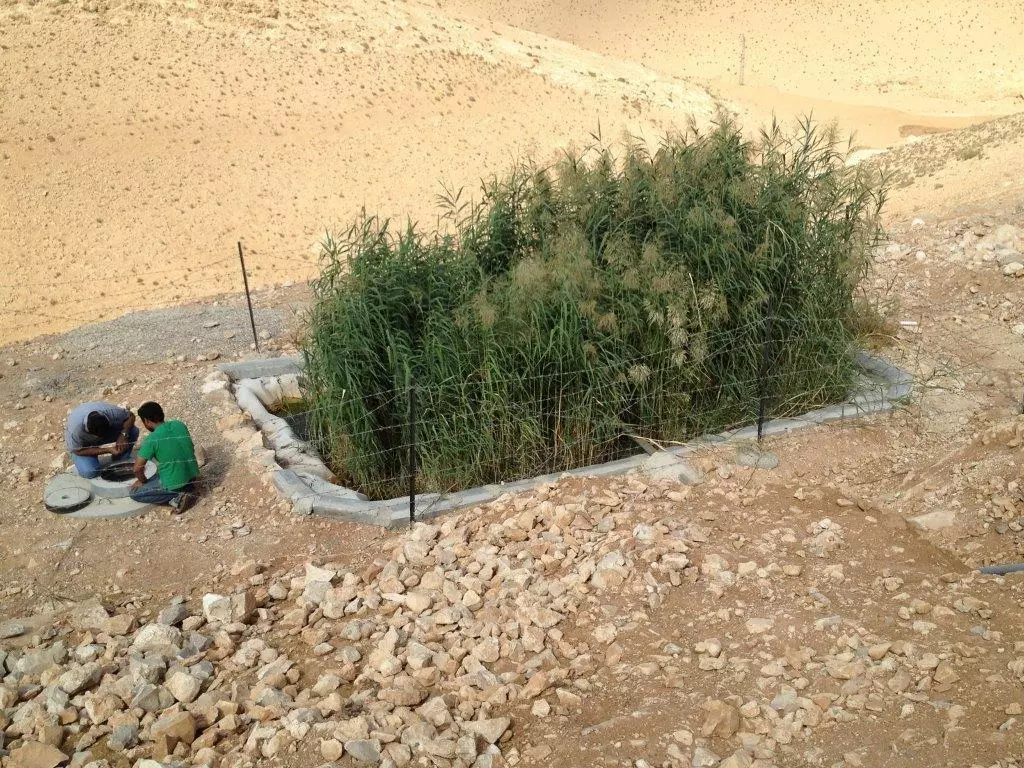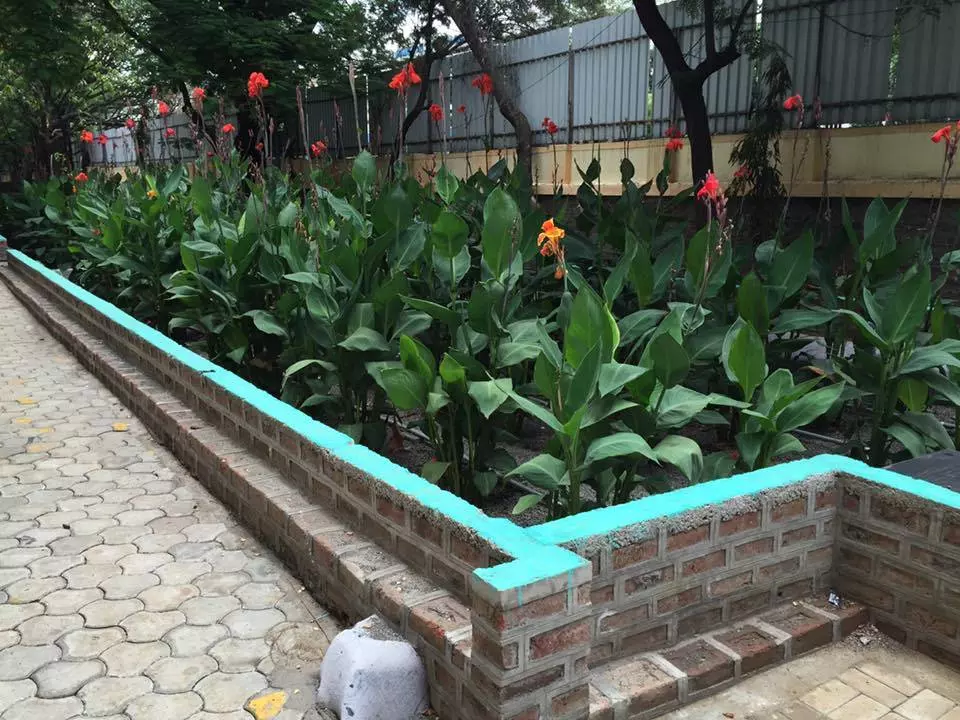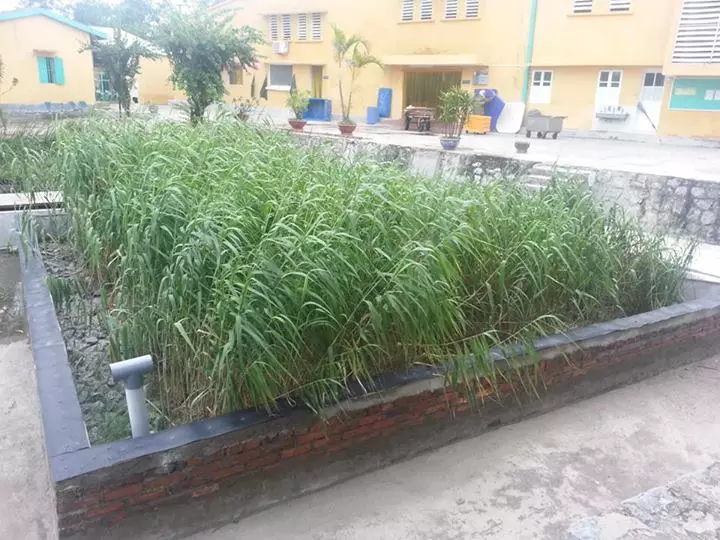WASH - Water, Sanitation, and Hygiene for developing countries
WASH (or Watsan, WaSH) is an acronym that stands for "water, sanitation and hygiene". Universal, affordable and sustainable access to WASH is a key public health issue within international development and is the focus of Sustainable Development Goal 6. In 2015 the World Health Organization (WHO) estimated that "1 in 3 people, or 2.4 billion, are still without sanitation facilities" while 663 million people still lack access to safe and clean drinking water. In 2017, this estimate changed to 2.3 billion people without sanitation facilities and 844 million people without access to safe and clean drinking water (Source: Wikipedia).
Sustainable Sanitation (SUSAN) techniques are a valuable response to WASH challenge; a number of SUSAN techniques are available, from simple solutions aiming to improve hygienic conditions (such as biobags) to more hygienically safe way to manages faces, up to more classical solutions such as sewer and wastewater treatment plant proper for developing countries.
IRIDRA contribute to WASH challenge, collaborating with NGOs and development programs for developing countries, designing low-tech wastewater treatment plants (such as constructed wetlands or lagoons), or helping in the organization of WASH plans. IRIDRA gathered experience in several developing countries (such as India, Honduras, Haiti, Palestine, Vietnam, Tanzania, Sri Lanka) and is able to propose and design SUSAN solutions proper for different needs. IRIDRA was also part of the NaWaTech project, which aimed to develop an integrated approach of sustainable water management in India. Moreover, IRIDRA is a partner of the Sustainable Sanitation Alliance (SuSanA).
